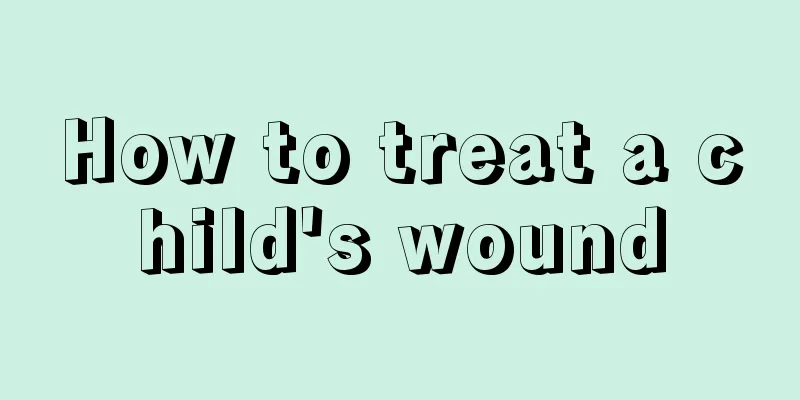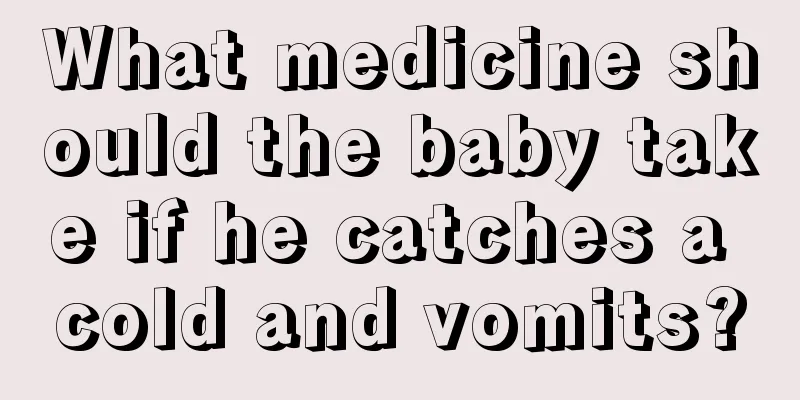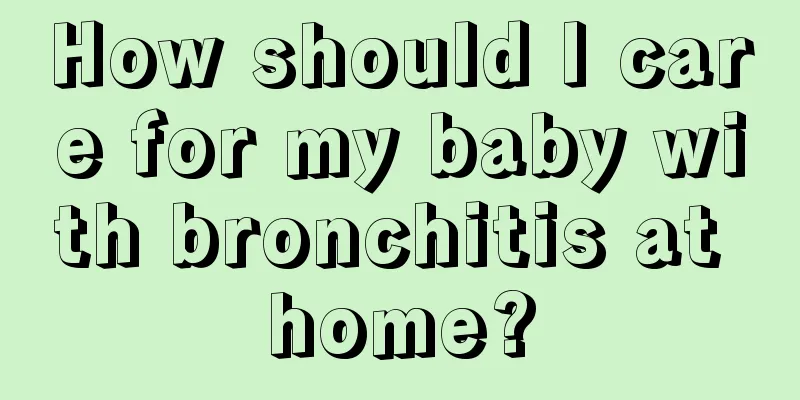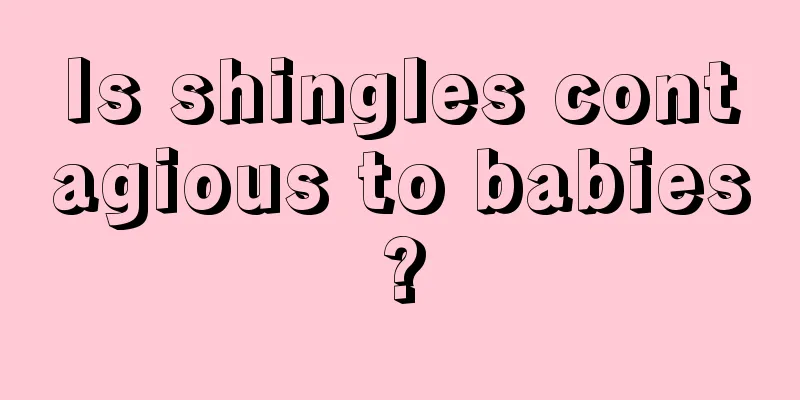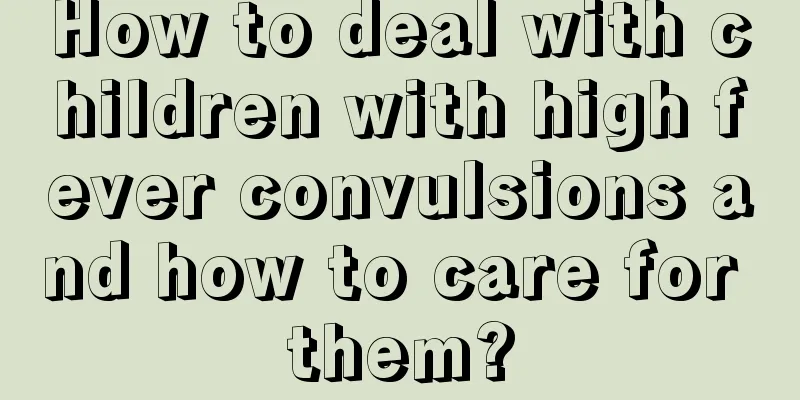How to treat allergic cough in children?

|
Allergic cough in children is one of the common respiratory diseases in children. Because their bronchial mucosa is delicate and their ability to resist external pathogen infection is low, it is easy to get inflamed and cause coughing. Adults feel very uncomfortable when they cough, let alone children, who don’t know how to express their illness. Children's cough is an effective way to eliminate phlegm and foreign objects in the respiratory tract. However, frequent and difficult-to-control allergic coughs should be taken seriously. So how to treat children's allergic coughs? Especially during the transition period between spring and autumn, parents often bring their children to the hospital's outpatient clinic for treatment due to allergic cough. I have had a long-standing cough and have tried all kinds of medicines and folk remedies, but it doesn't get better. It is uncomfortable for children to cough, and it is even more uncomfortable for adults to hear and see it. In fact, allergic cough in children is also called cough variant asthma. The cause is more complicated and is affected by both genetic and environmental factors. Among them, allergic constitution is closely related to the disease. The disease is also affected by environmental factors, such as contact or inhalation of dust mites, cockroaches, fur, pollen or cold air, seafood and other foods, which is more difficult to cure. So, what are the symptoms of allergic cough in children? How to prevent it? Symptoms of allergic cough The main symptoms of allergic cough in children are: generally no fever; with or without phlegm; like to rub eyes and nose, and scratch scalp; sweat when sleeping, restless, like to sleep curled up; mostly coughing, no wheezing. The frequency of coughing is divided into: coughing before going to bed at night; coughing when waking up in the middle of the night; coughing when waking up in the morning. The cycle is long, with paroxysmal cough lasting more than 4 weeks. How to prevent allergic cough 1. When seasons change and the temperature changes suddenly, parents should try their best to keep their children warm to prevent them from catching a chill. 2. Avoid eating foods that may cause allergic symptoms, such as seafood, cold drinks, etc. 3. Do not keep pets or flowers at home, do not lay carpets, and avoid contact with pollen, dust mites, oil smoke, paint, etc. 4. Don’t let your child fall asleep with a plush toy. 5. In bathrooms and basements, dehumidifiers and air filters should be used, and the filters should be replaced regularly. How to treat allergic cough in children? Now everyone is more clear about this issue and knows what to do. Children's physical development is not yet complete, and their ability to resist external diseases is relatively poor. In daily life, adults should pay more attention to children's health and seek timely treatment if any adverse conditions are discovered to avoid delaying the treatment. Once a child's body is affected, it may have lifelong consequences, and regretting it at that time will not be worth it. It is recommended that you take your children to exercise more often. |
<<: Methods of TCM health care for children
>>: What should children eat to nourish their kidneys?
Recommend
How long can a child with hemolysis live?
Hemolysis usually occurs in babies and can cause ...
What is the reason for the newborn baby's face peeling?
Many parents are particularly worried about the p...
How to carry out rehabilitation treatment for cerebral palsy in children
When children come into this world, they are expe...
How to treat rheumatoid arthritis in children
I believe that everyone may not be so familiar wi...
What to do if your child is shy and timid
However, in life, we often see other people's...
What should I do if my child has diarrhea in the middle of the night?
As we all know, the gastrointestinal function of ...
What should I do if my child has tonsil polyp inflammation?
Tonsillitis is a disease that everyone knows. Cli...
What are the symptoms of myelitis in children?
The number of people suffering from myelitis is c...
Why are the newborn's testicles black?
Many new mothers, due to lack of experience and l...
Coffee spots on children
Coffee stains are something that many people don’...
What are the symptoms of bronchitis in a 10-month-old baby?
Babies are a very fragile and sensitive group of ...
What should babies eat if they have damp-heat in their stomach?
When children suffer from diarrhea, constipation,...
What to do if baby has ringworm on legs
Children's skin is very tender, but you may o...
Causes of abdominal bloating in premature babies
Premature babies experience abdominal bloating, w...
When is the best time for children to have orthodontic treatment?
It can be said that the quality of teeth is very ...



